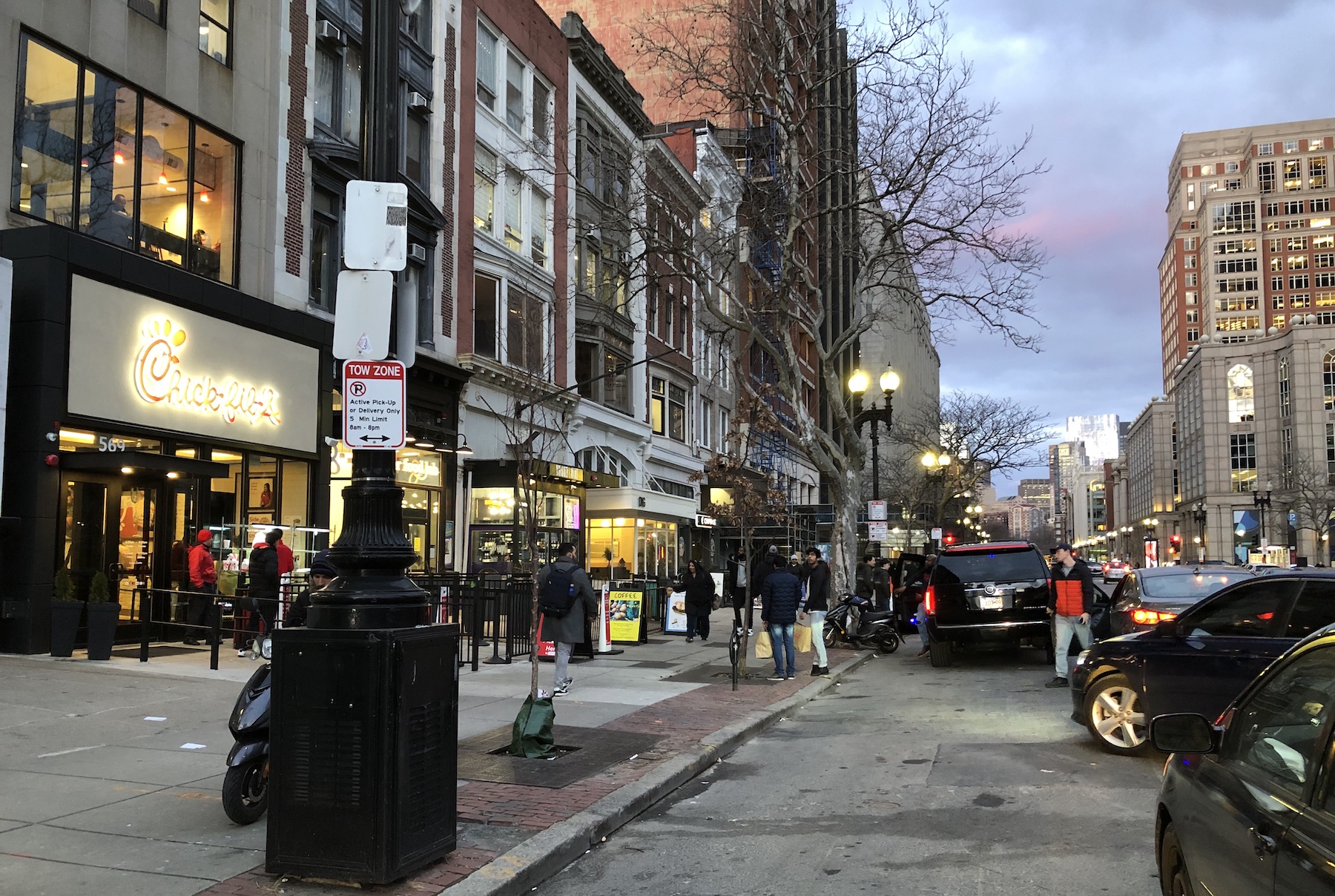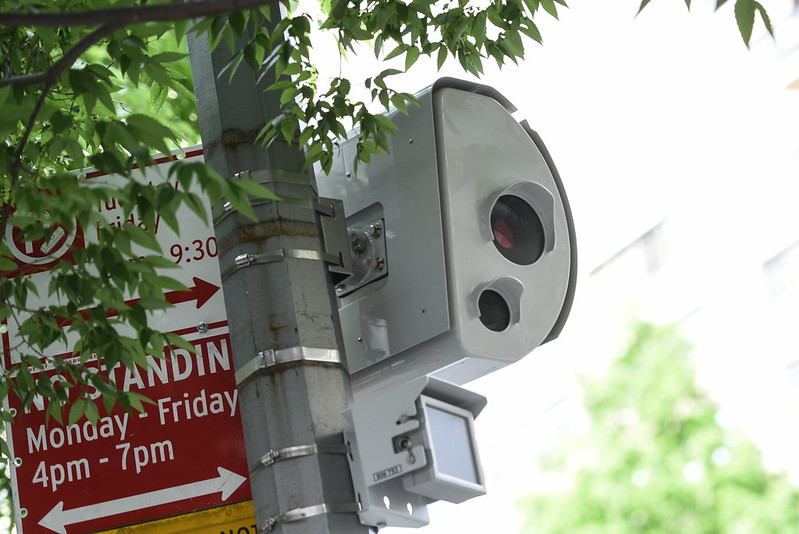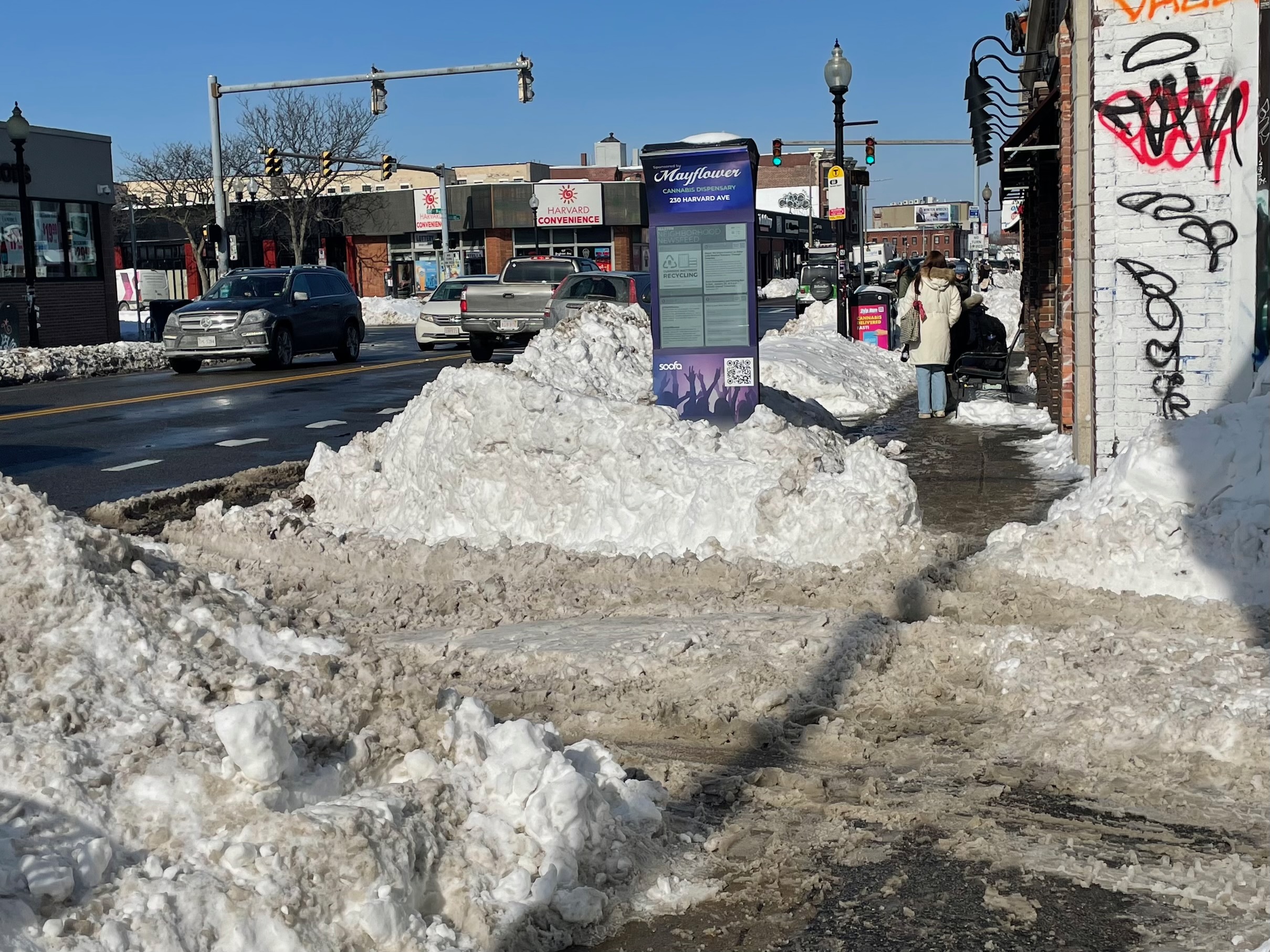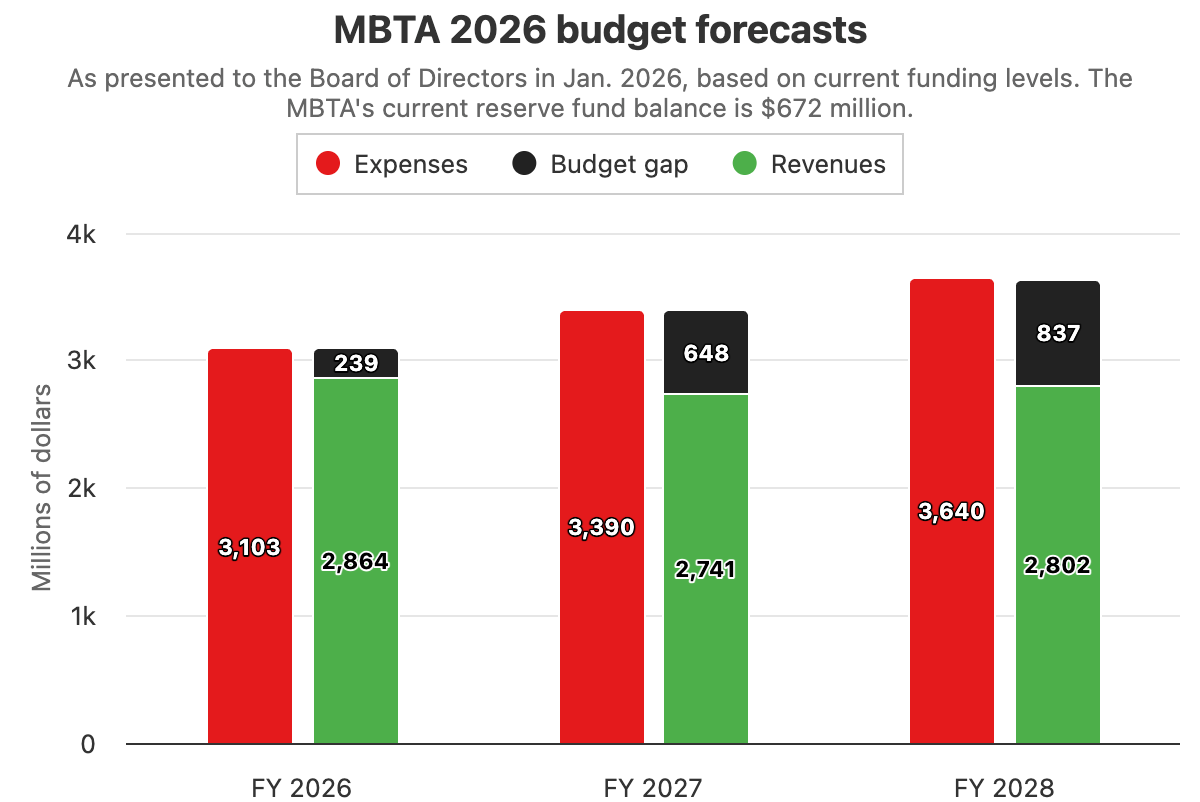Boston's regional planning agency is sounding alarms that app-based delivery services like DoorDash have emerged as a major source of traffic for the region, with estimates that gig-economy drivers are making twice as many trips to deliver take-out food orders than they do to transport human passengers.
Now, some lawmakers in the Massachusetts State House want those delivery firms – which currently operate with little oversight from state and local governments – to start reporting detailed data about where and when they're operating, as Uber and Lyft are already required to do for passenger trips.
In December, the Metropolitan Area Planning Council (MAPC) published From App to Table, a report "on the transportation, land use, and economic effects of rapid food deliveries from third-party mobile apps such as DoorDash, Grubhub, and Uber Eats."
Under a 2016 law, Uber and Lyft have long been required to report the date, origin, and destination of every passenger they carry. Last summer, lawmakers revised the data reporting aspects of the law to require considerably more detail about every trip.
The 2016 law also imposed a 20-cent-per-ride fee, part of which goes to the local government where each trip originates, and part of which helps pay for the state's oversight office at the Department of Public Utilities.
But those rules and fees only apply when gig-economy drivers are carrying passengers for Uber or Lyft – not when drivers are dropping off a take-out food order.
Because these delivery services operate with very little oversight in Massachusetts, MAPC's From App to Table report acknowledges that it's difficult to estimate the scale of their impact.
But there's still plenty of evidence – like the long lines of double-parked cars that regularly block Boylston Street outside the Copley Square Chick-Fil-A – that the impacts are significant.
Based on public Securities and Exchange Commission filings from food delivery companies, MAPC estimated that Massachusetts likely saw between 80 and 105 million food delivery trips from food delivery apps in 2021, compared to 40 million ride-hailing trips that Uber and Lyft made for passengers that same year.
MAPC also cites a case study from London that found that food delivery businesses spend an average of 10 minutes picking up orders, plus an average of 2 minutes dropping off their deliveries for customers.
That suggests that app-based delivery drivers are hogging scarce curbside parking zones (or illegally parking) even more than Uber and Lyft drivers, whose drivers typically spend less than one minute picking up or dropping off passengers.
This winter, lawmakers in the state House and Senate are proposing complementary bills that would subject app-based delivery drivers to similar data reporting rules as app-based passenger services.
The House version of An Act Relative to Third Party Delivery Data Reporting is being sponsored by Rep. Jay Livingstone of Boston, and the Senate version by Sen. Brendan Crighton of Lynn.
"Last term, in the bond bill, we were able to improve the data reporting for TNCs (i.e., "Transportation Network Companies" like Uber and Lyft), but not for deliveries. So in dealing with the MAPC report, it seemed the natural thing, as deliveries have proliferated in the same way that TNCs did 5 or 10 years ago, that we should have the same kind of data reporting," Rep. Livingstone told StreetsblogMASS in a phone conversation on Tuesday.
The proposed legislation is focused solely on data reporting: these bills would not impose any per-trip fees on deliveries, nor would they establish more stringent safety or certification regulations on delivery drivers.
"Once we have a better sense of the impacts maybe a fee structure will be appropriate, but it’s really just getting a handle on what is happening on our roadways," Rep. Livingstone said.
Both the House and Senate versions of the bill have been referred to the Legislature's Joint Committee on Transportation.






